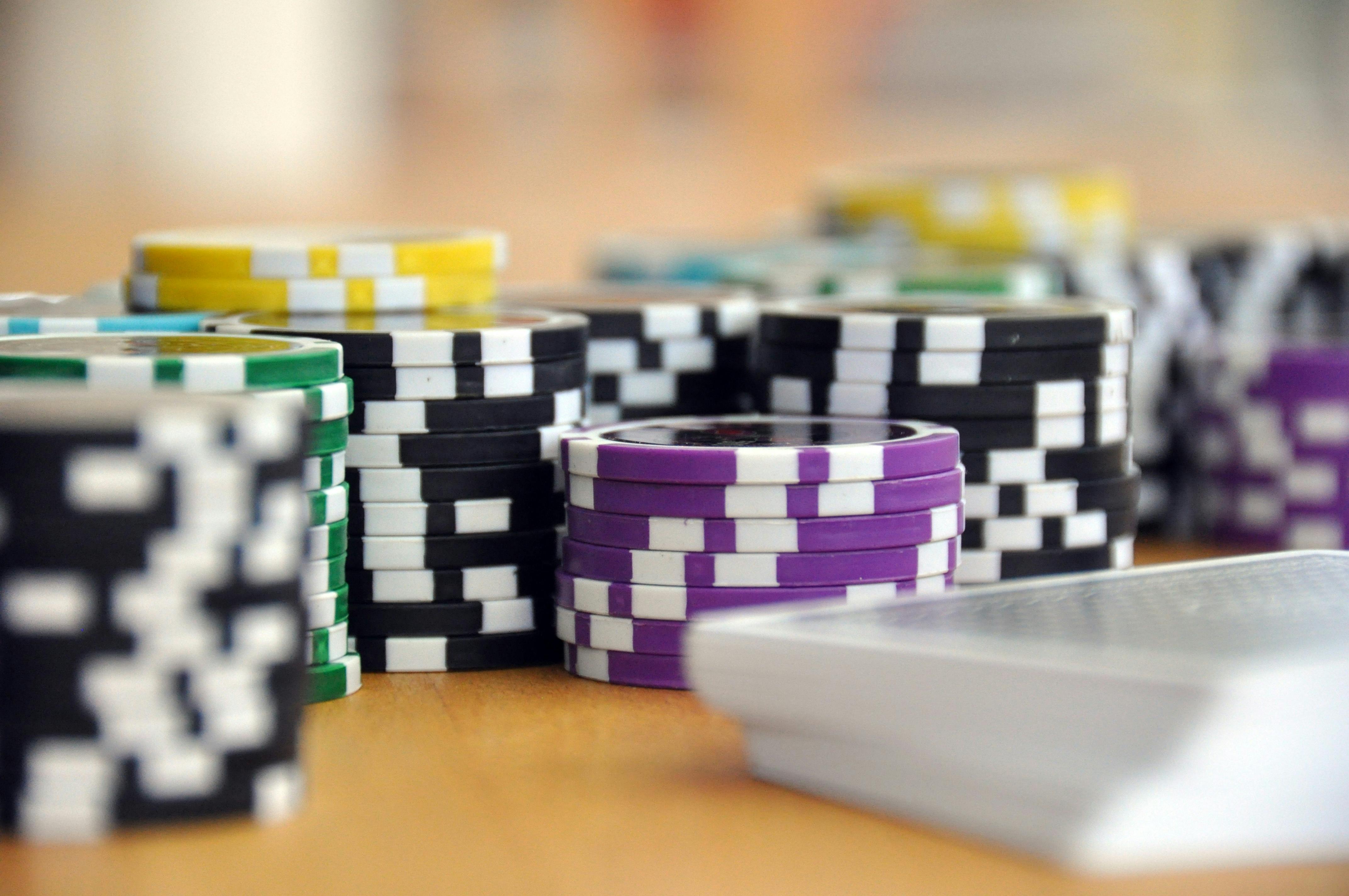What Texas Hold’em Teaches About Patience, Bluffing and Confidence

Poker is more than a card game. Texas Hold’em, in particular, has much to teach about time, emotional management and trusting one’s instincts.
Sitting at the felt-covered table or in front of a virtual poker room, one’s opponents are not merely wagering chips but engaging on a psychological battlefield. Each hand is a moment when one can predict the situation, stay down to earth and make decisions firmly. Psychology and strategy blend here.
The Power of Waiting: Patience Dictates Results
All action in Texas Hold’em begins when one decides to act or wait. As games of pure luck pay back aggression, poker rewards those who will fold, call or raise or not based on limited information. It requires discipline to wait through a few hands and not play on impulse and that discipline holds one essential lesson: one need not seize all available moments of opportunity.
The lesson applies to everyday life. When it comes to matters of relationship, work or individual growth, restraint more often than not garners better results than forcing a process. Experienced poker players’ restraint mirrors the patience required in high-stakes situations outside the table.
Cadence in Hold’em promotes vigilance. You fold ten hands consecutively before you grab one that is worth holding. But that unspoken regularity more frequently triumphs over aggression spurts. Through patient holding back, confidence increases, not through frequent wins but through holding back.
Art of Calculated Risk
Although compared to rapid bet games, Texas Hold’em appears organized. But beneath the surface, all choices are a wager. Development lies in that balance of mathematics and risk.
When the pot grows wider and tension grows during a hand, more than mathematical thinking is needed—the game needs fortitude. Many bet games like Hold’em enhance the art of balancing probabilities versus accepting unpredictability. This exercise of measured risk-taking builds a mental muscle that becomes more solid upon reuse.
Confidence rises not through certainty but by opting for the best judgment based on limited information. Poker rewards good judgment under duress, not by payouts on guarantees. For those who look for development, understanding this risk curve helps both in and outside of poker.
Applied to larger aims—entrepreneurship, travel, personal finance—the ethos of bet games such as poker reminds everyone that confidence isn’t fearlessness, but choosing to act despite fear.
Bluffing Is Not Deception—It’s Storytelling
Bluffing, perhaps one of Texas Hold’em’s most misunderstood elements, appears to the untrained observer as nothing more than sleight of hand. However, experienced players know that bluffing is a psychological tool reflecting dominance of emotion and skill over perception.
A bluff in poker isn’t a lie but persuasion. It’s about crafting a convincing story based on history, betting and table image. It’s more about action consistency than cards. A good bluff is more about behavior than cards.
Life follows a similar rhythm. Strategic projection provides reassurance in moments of uncertainty—the job interview, negotiation and public speaking. Like poker, success depends on one’s knowledge of oneself, timing and confronting one’s fear of awkwardness.
Texas Hold’em teaches everyone that bluffing is not about faking power but about learning about the existing story and how one should convincingly insert oneself into that story. It extends long beyond the green felt.
Confidence Based on Awareness, Rather Than Ego
Actual confidence at the poker table isn’t about winning one hand—it’s about understanding how to lose. Seasoned players are good buddies with loss, bad beats and volatility. The pros differ from beginners in terms of persistence, following their strategy and picking up after defeats.
Texas Hold’em repeatedly reminds everyone that passion-driven choices wreck, not enhance, performance. Instead, preparation and mental sharpness introduce humble confidence. The table fines arrogance but rewards individuals who respect the game and uncertainty.
That attitude carries weight outside of gambling. Missteps in life inevitably arise uninvited. But confronting them in stoic clarity, rather than panic or self-doubt, hardens one’s resolve. Poker constantly invites one to exercise once more that mental position, quiet strength forged in uncertain places.
Through habitual exposure to pressure, Hold’em prepares one to prioritize stability over reaction. Such confidence carries over to everyday living, where poise can make all the difference in work, relationships and decision-making.
Discipline Beyond the Cards
Discipline, more than anything, underlies all long-term poker strategy. From bankroll management to emotional discipline, the game teaches about structure more than about flair. You have to learn when to rein in, when to hold back, when to conserve and when to impose restrictions.
It generally arrives later, after one has experienced the consequences of irresponsible decisions. Losing a large pot on a poorly considered bluff is a hard lesson in restraint. However, only such situations are most likely to define one’s existence. Just so, everyday choices are supplemented by a learning moment of pause, consideration and action.
Successful players have rituals that keep them focused—note-taking, review of hands, practice off the table. It’s a commitment to everyday improvement that defines poker greatness. In betting games like Hold’em, regularity, not restriction, but an improved structure, becomes worthwhile.
Discipline here is not about denial but about direction. It’s about being highly aware of where time, energy and resources are spent best, a skill developed hand in hand.







